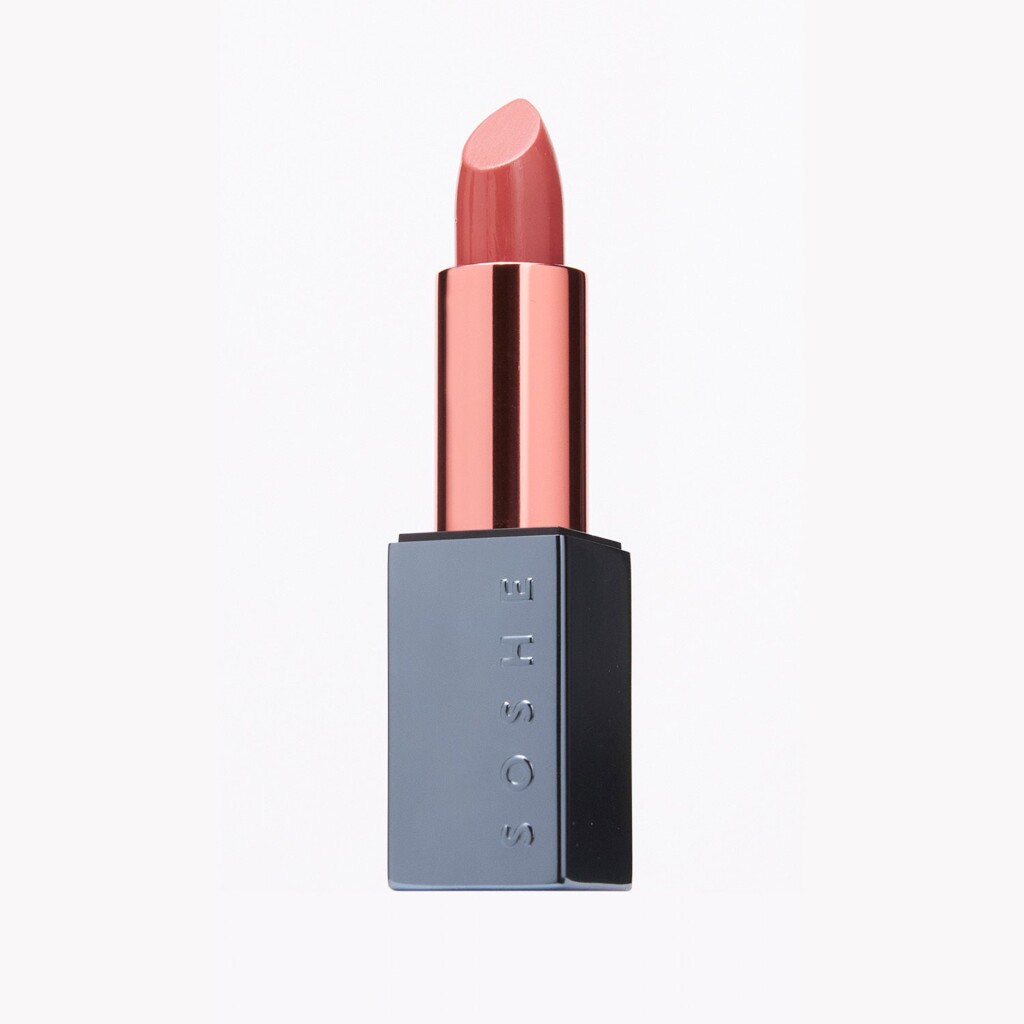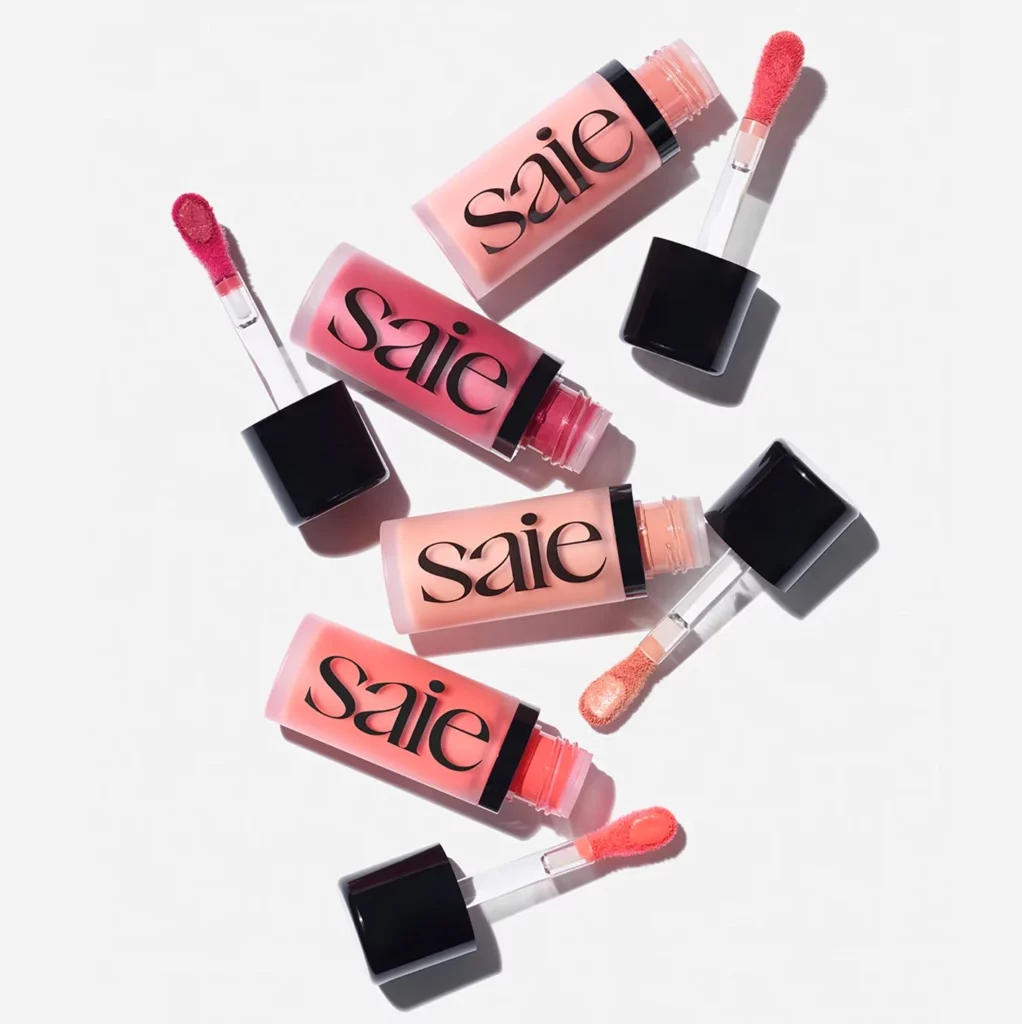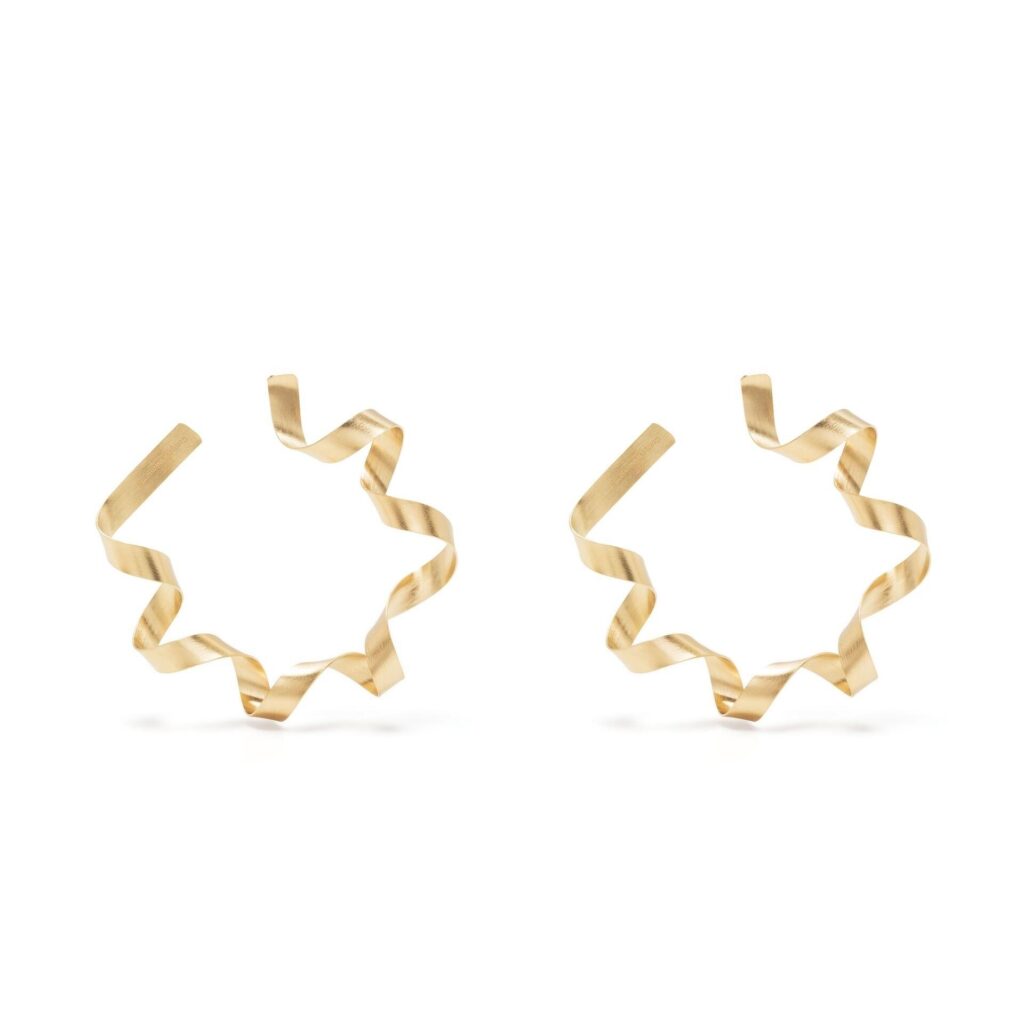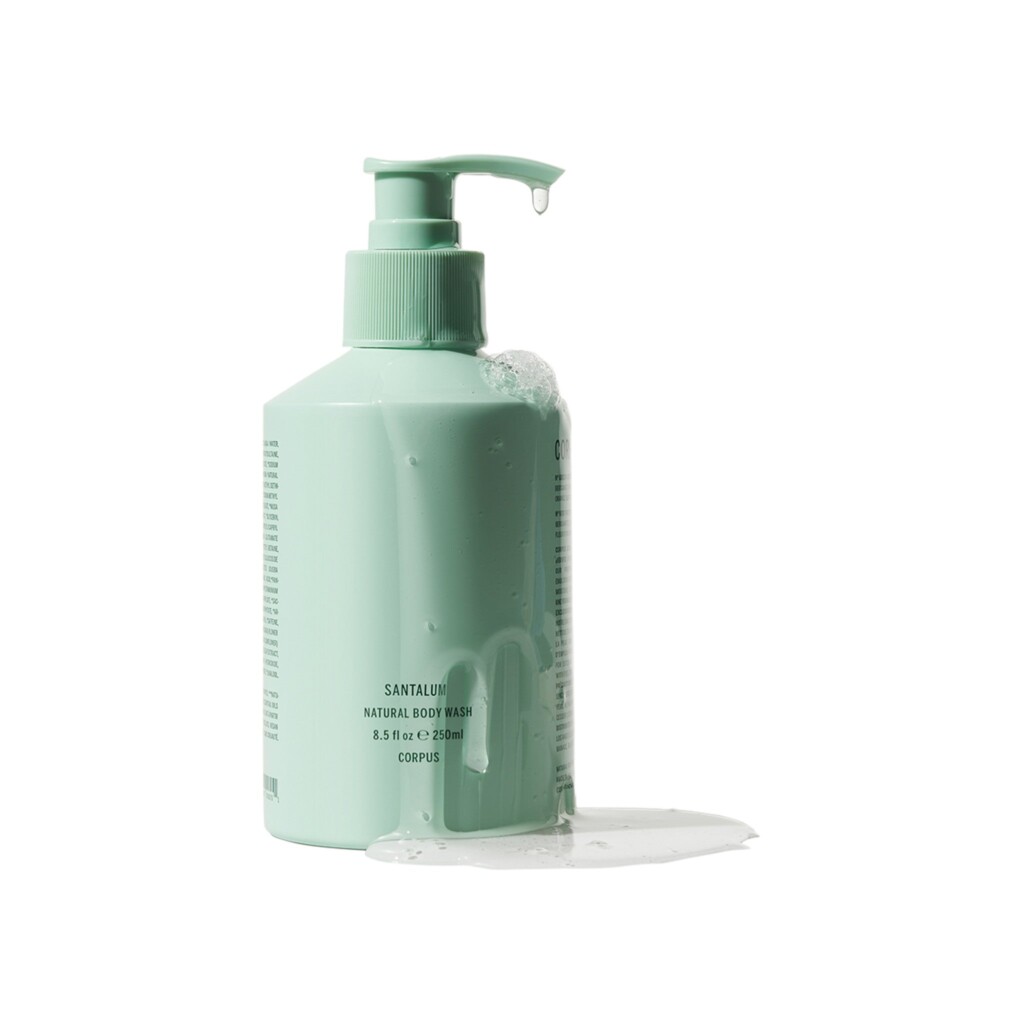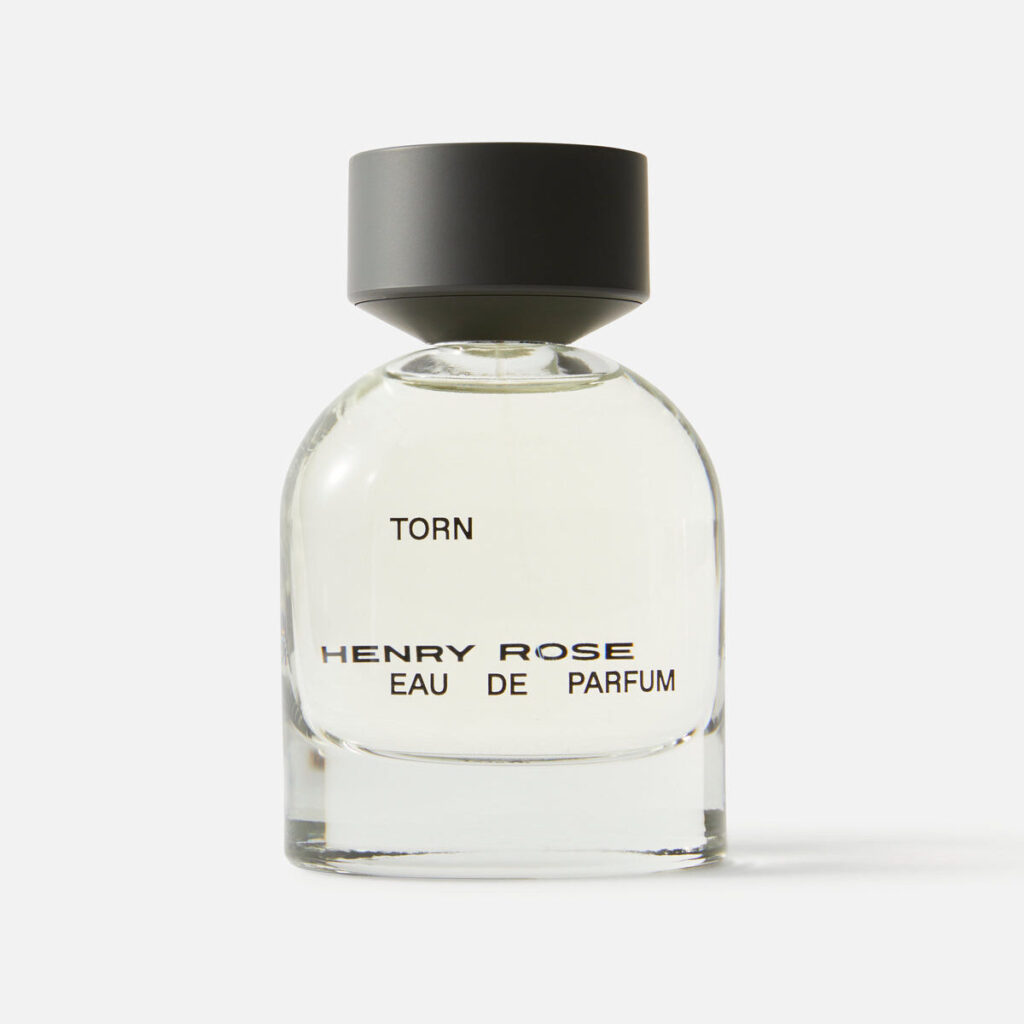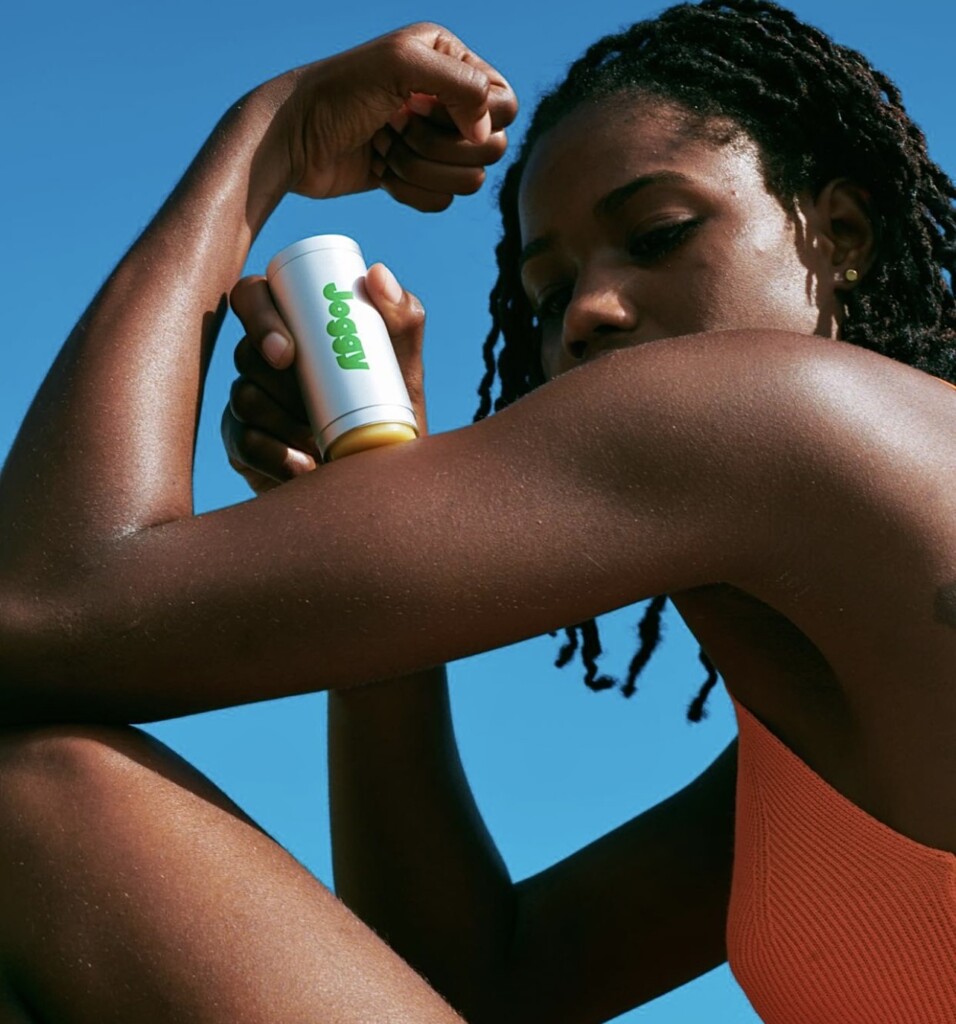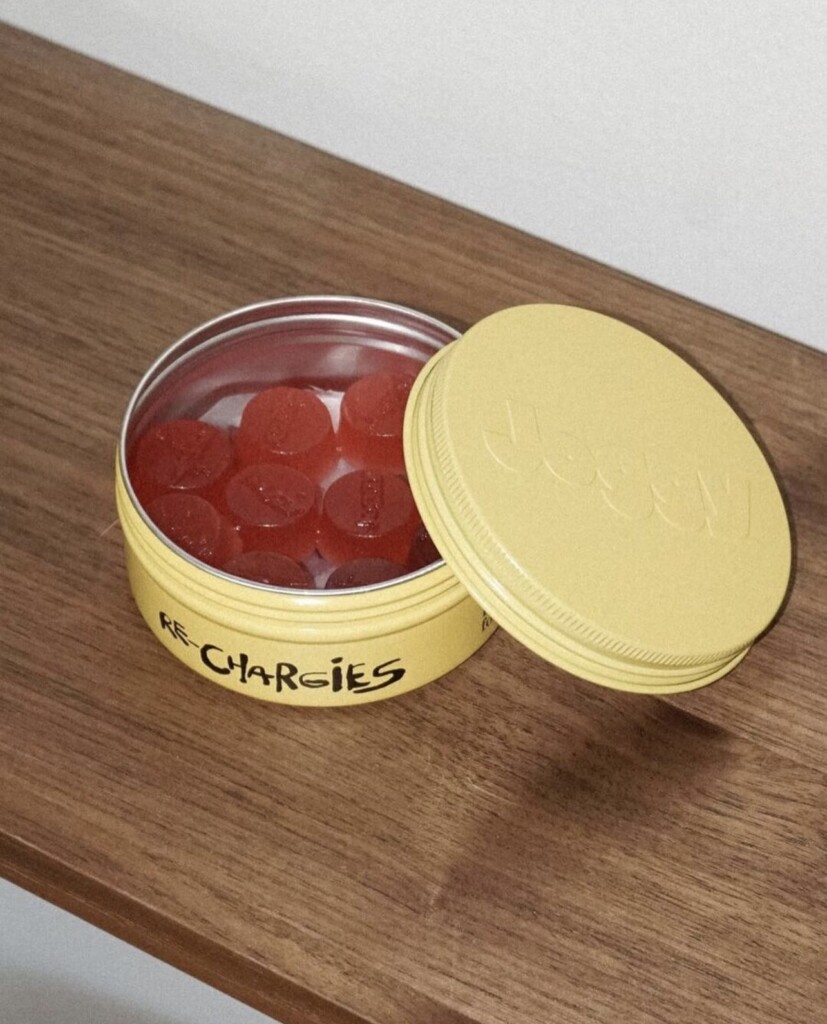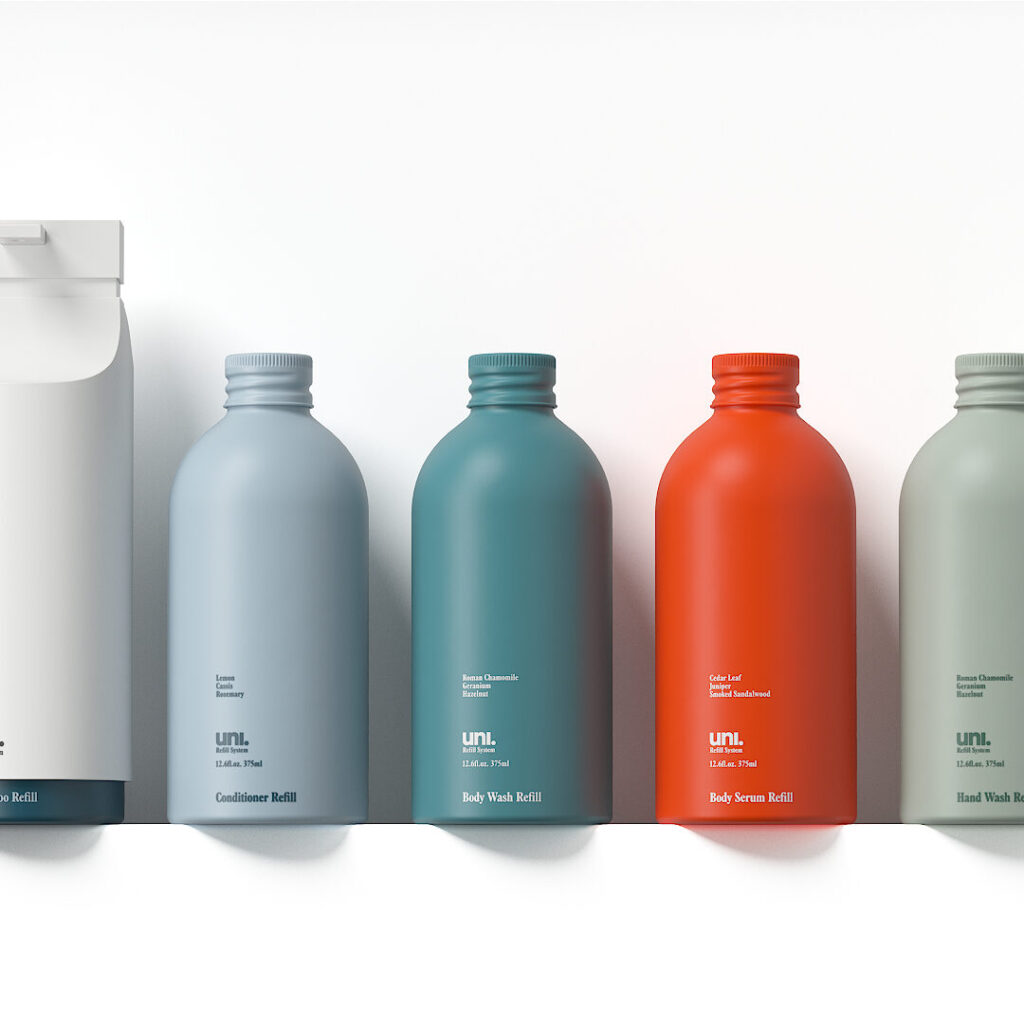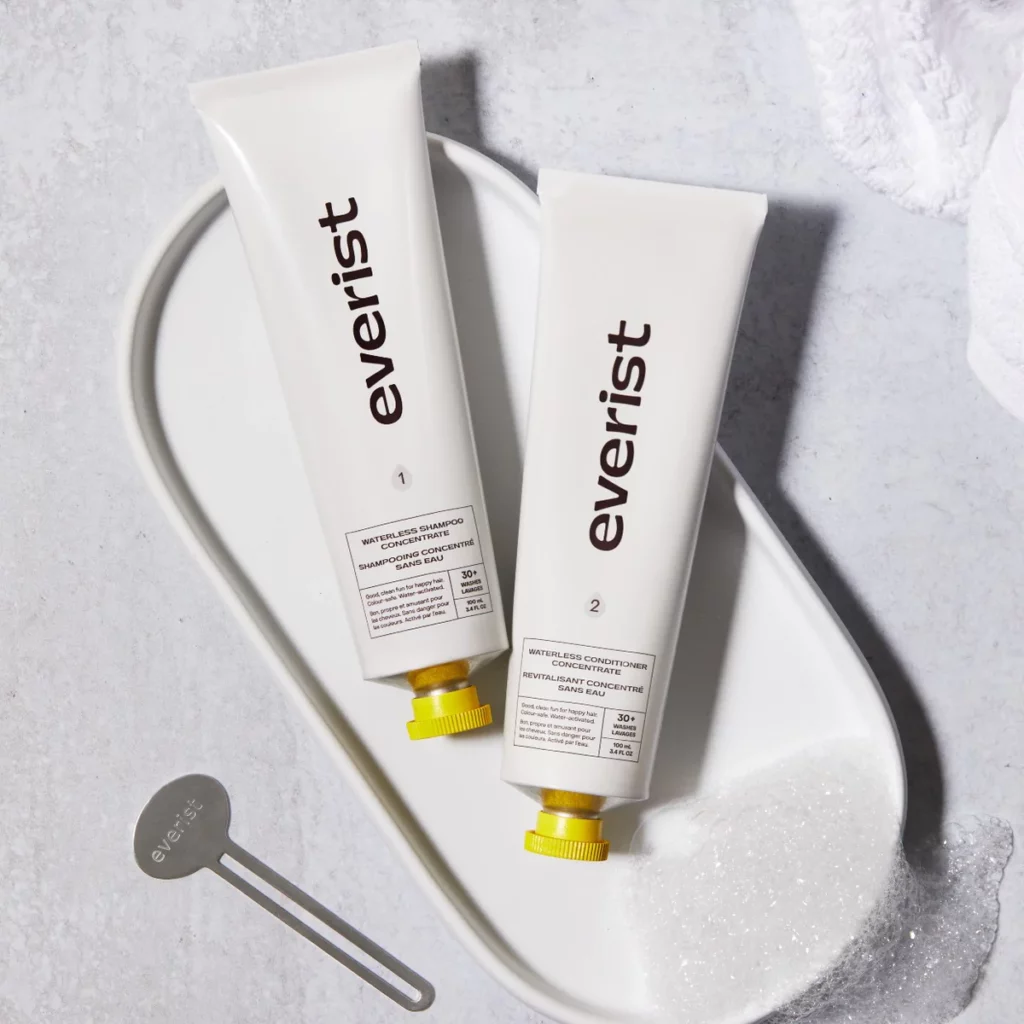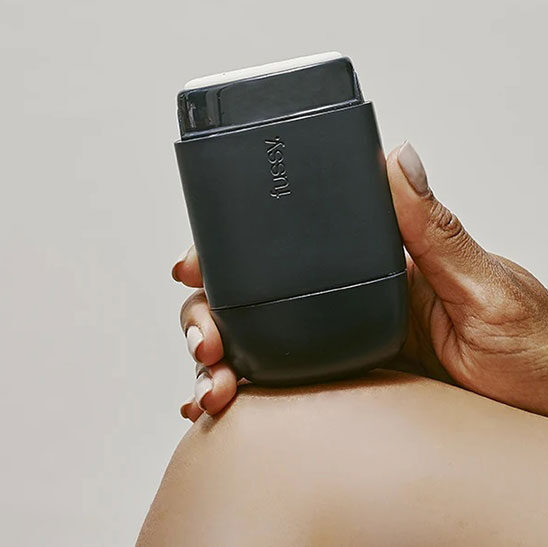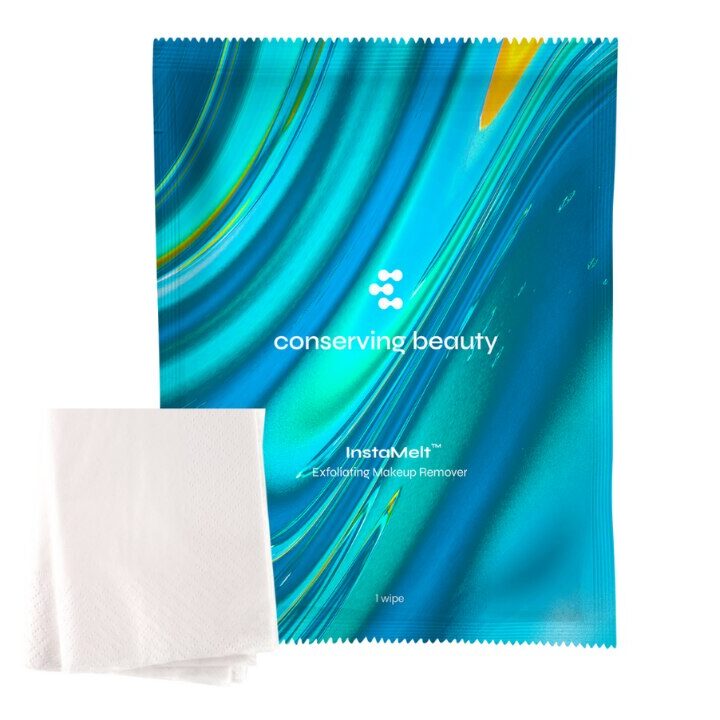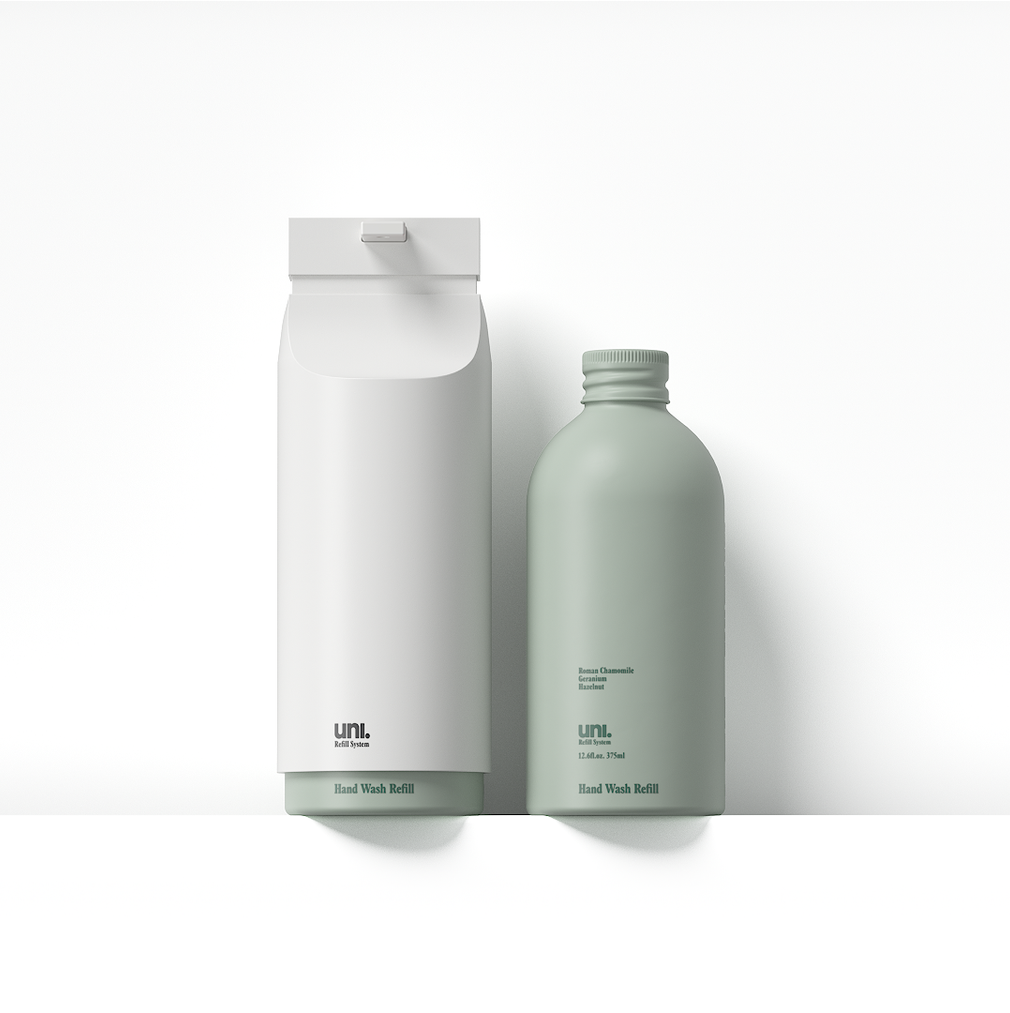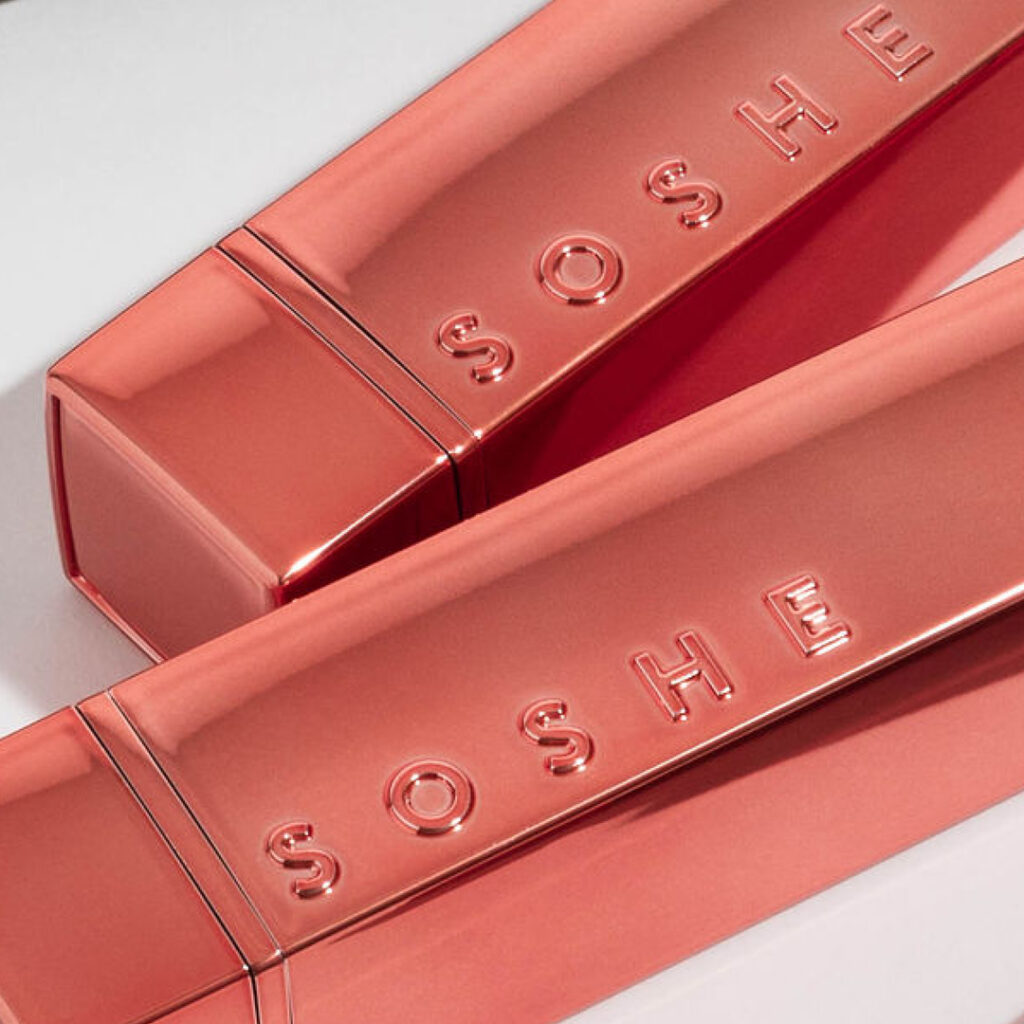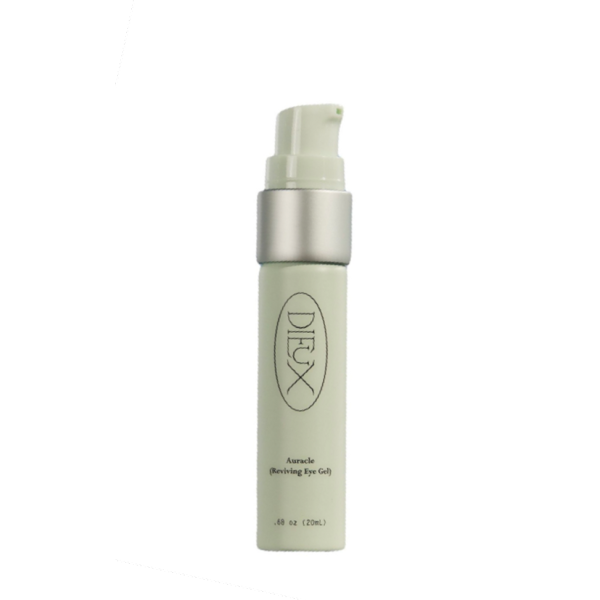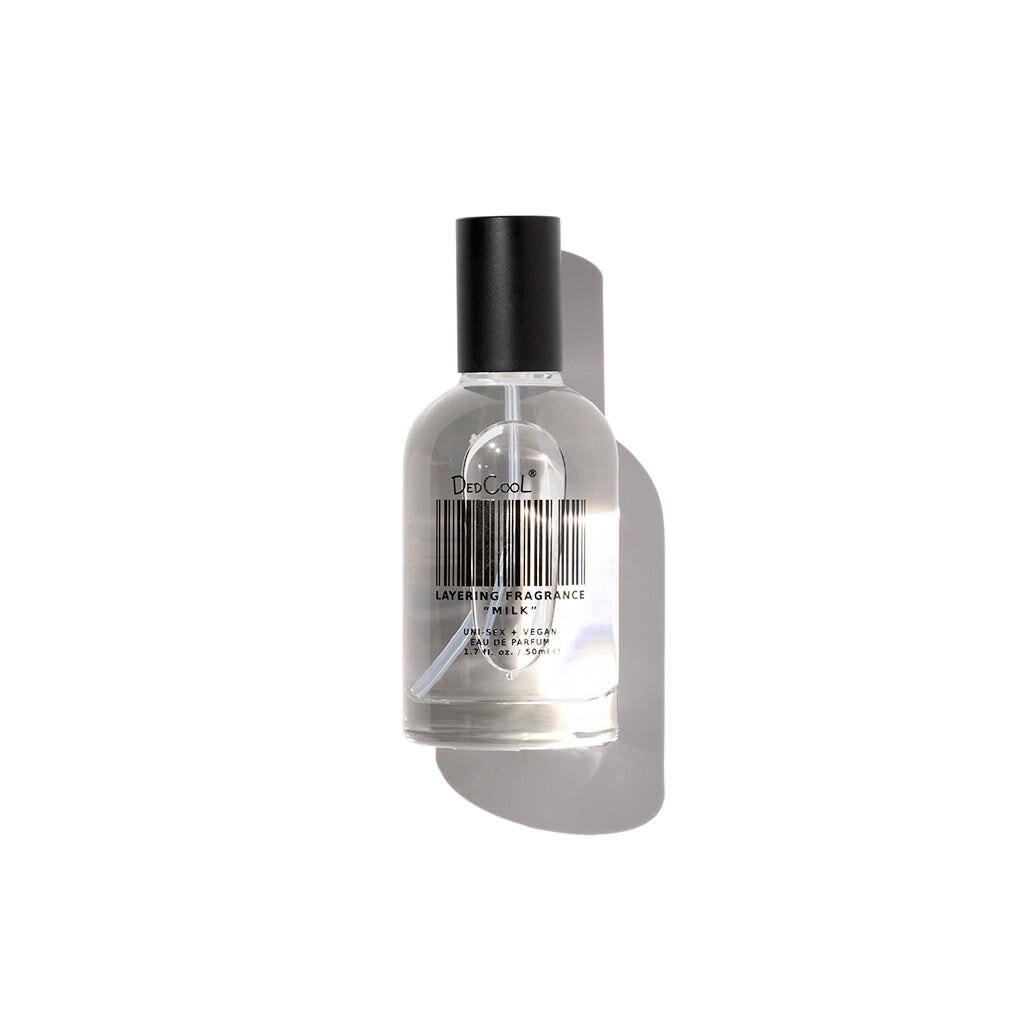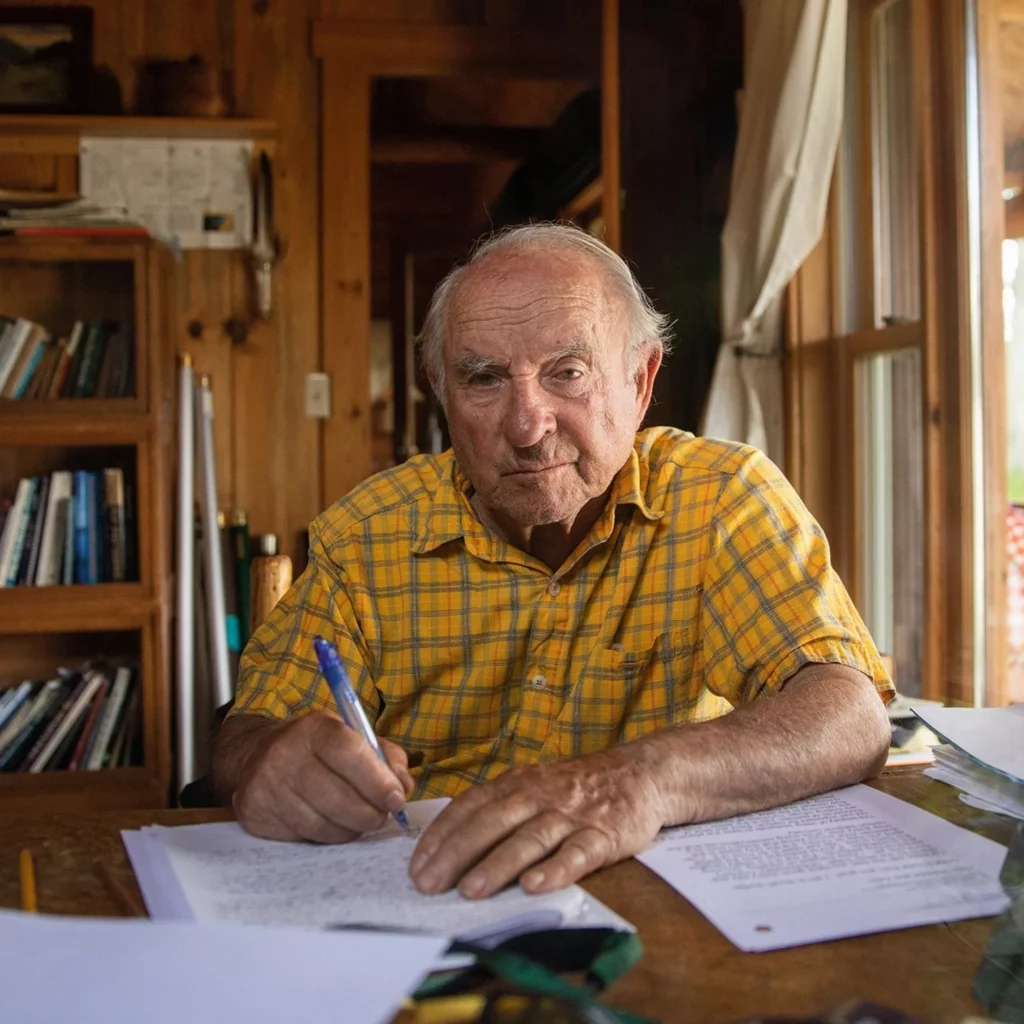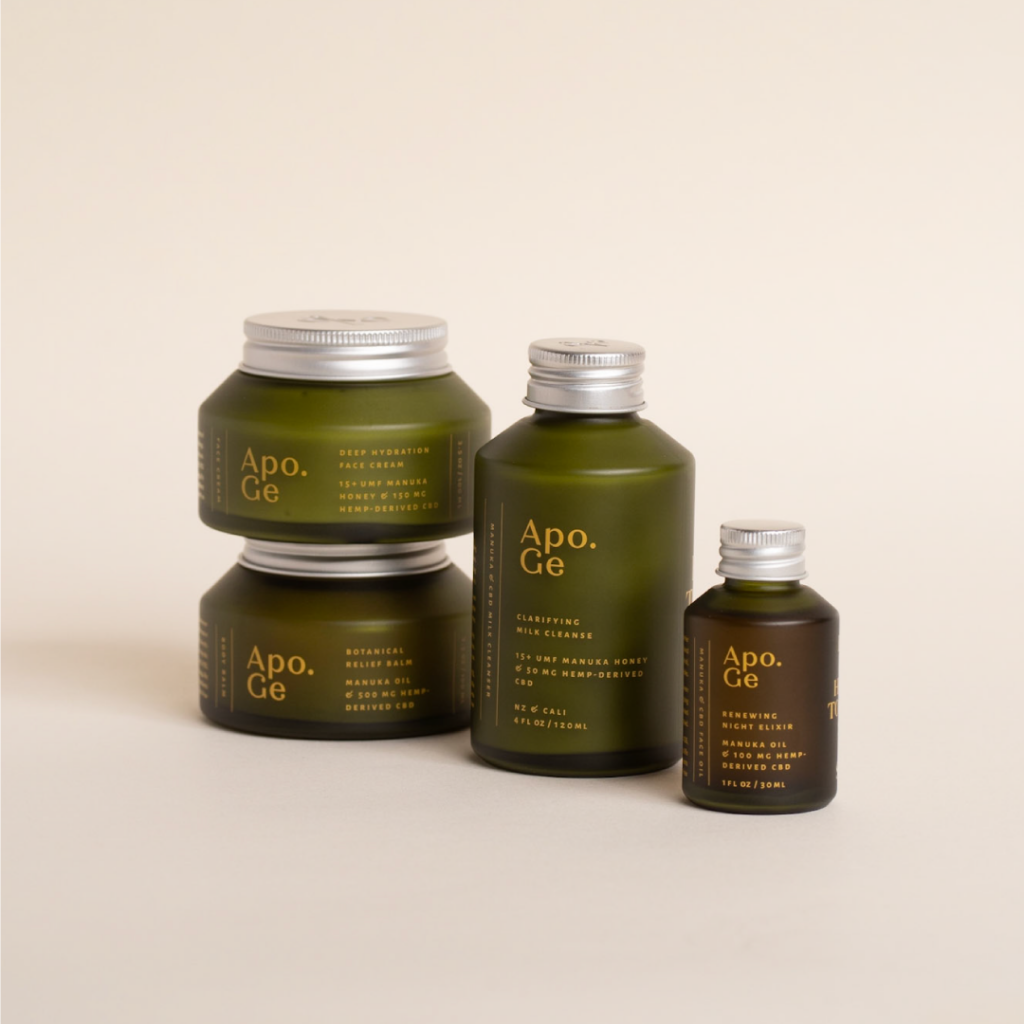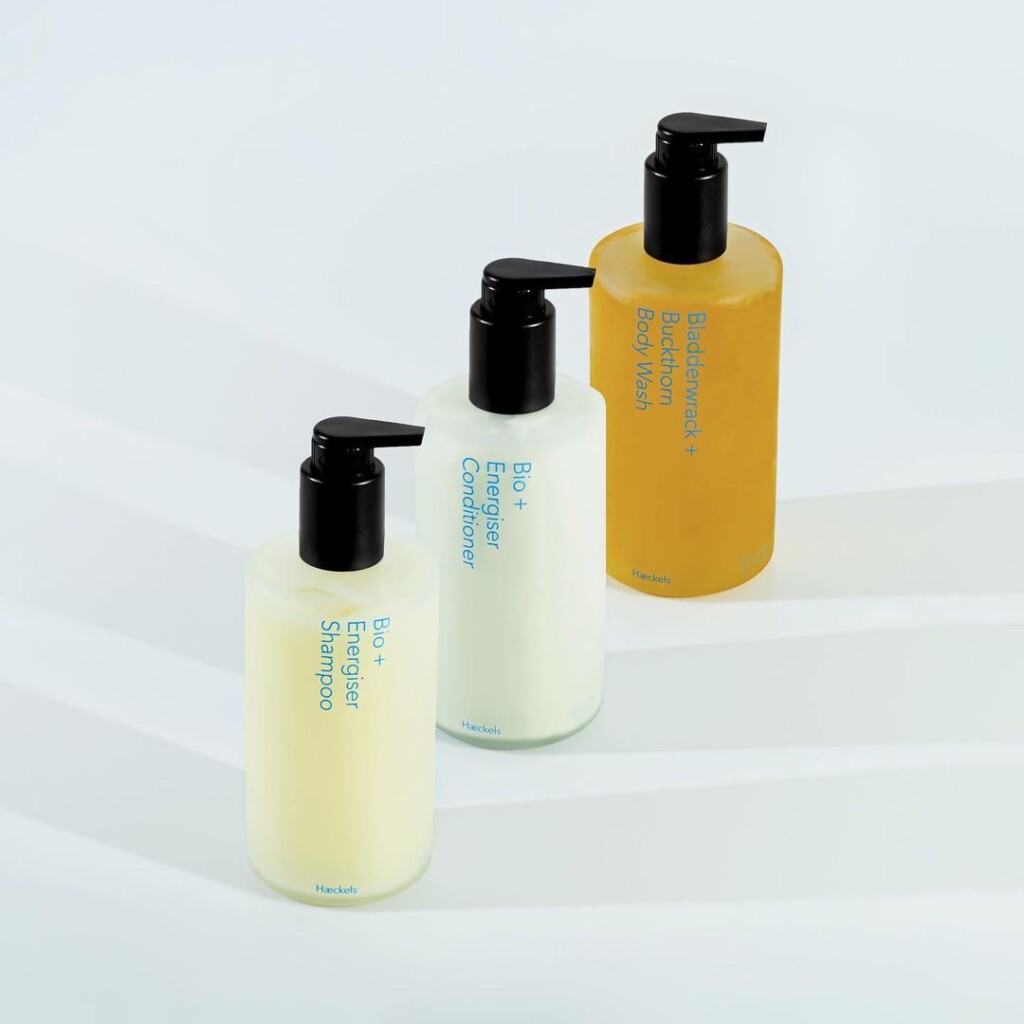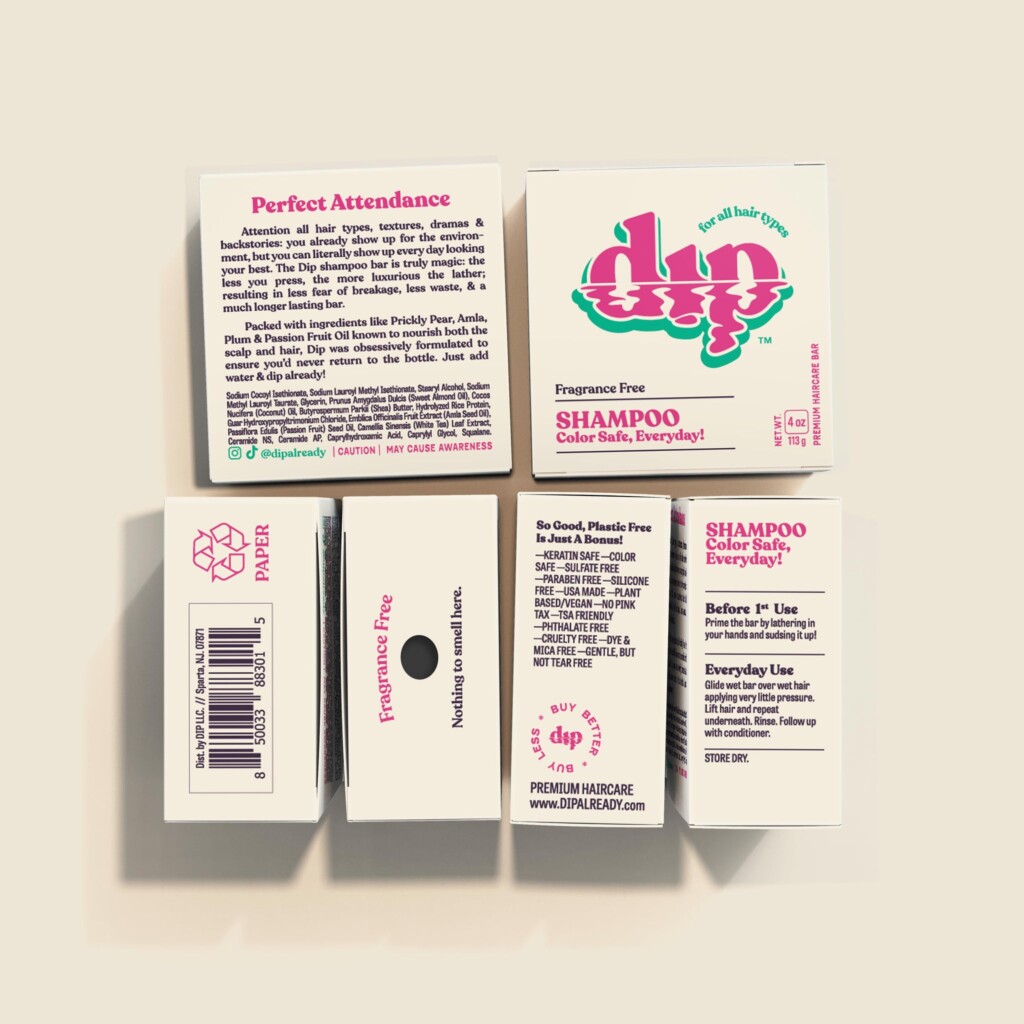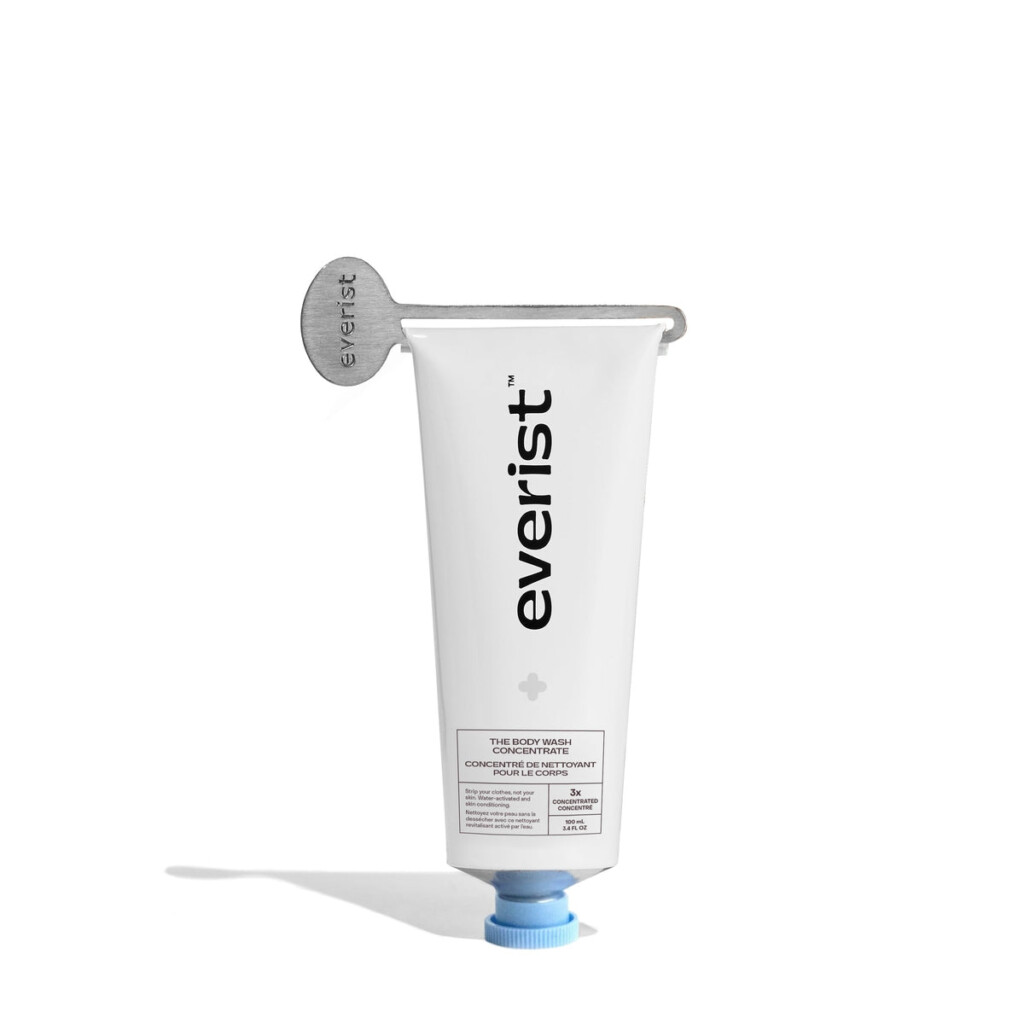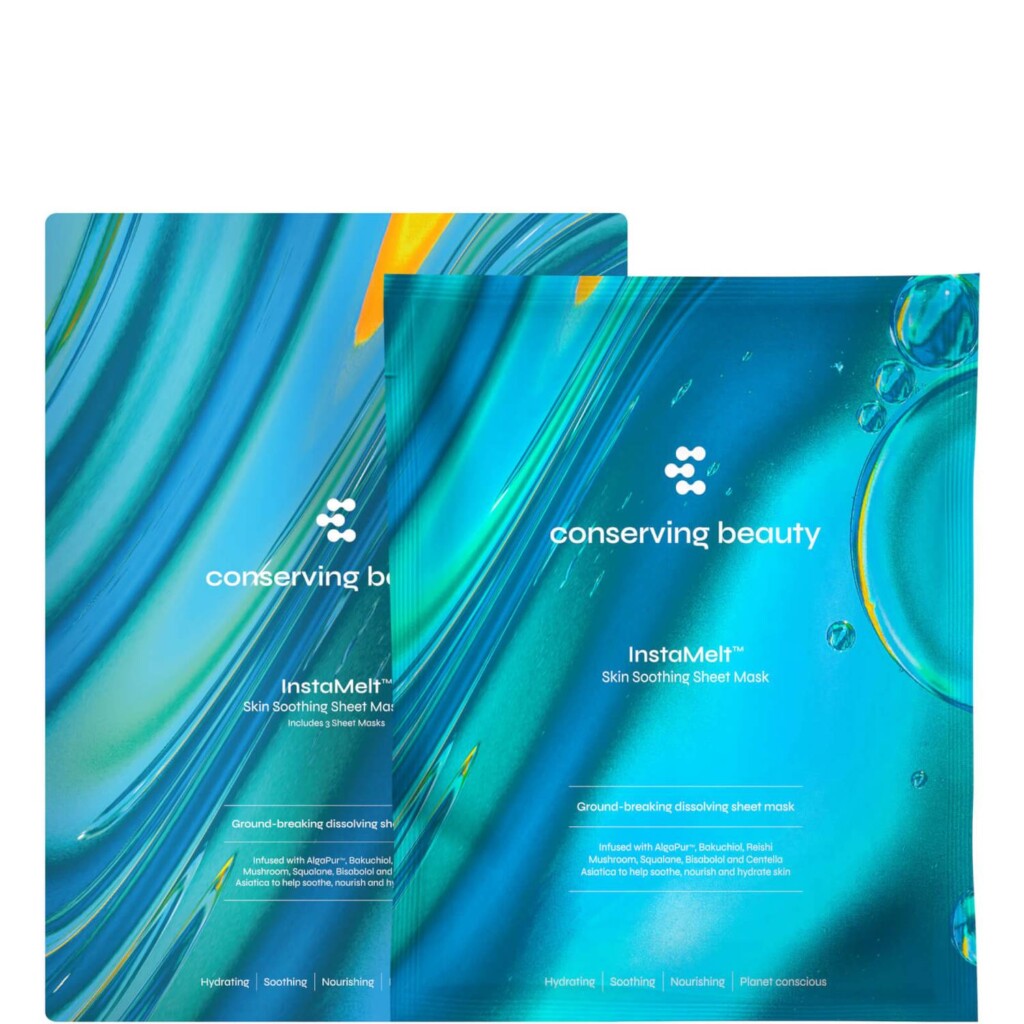the unwash • sustainability
The words sustainable and fashion don’t typically go together. There are efforts toward making the fashion industry more sustainable but to be truly sustainable is to consume less. Despite the contradictory nature of these two concepts, a concerted effort toward making the fashion industry more mindful and less wasteful is a necessary step in the right direction. The organizer of New York Fashion Week, the Council of Fashion Designers of America, pledged for the event to reach net-zero status by 2050 but are they anywhere close to achieving that goal? While many individual designers had a focus for their shows and collections to be more cognizant of their environmental impacts, unlike its Copenhagen counterpart NYFW as an event, takes a more backseat approach to environmentalism.
It’s interesting to speculate if NYFW could thrive similarly to CPHFW with their more rigid sustainability requirements since the markets between the two countries are drastically different. Many designers have praised CPHFW’s guidelines as it paves the way for more out-of-the-box and innovative thinking to create collections that reflect inclusivity and conservation efforts. In many ways, NYFW seemingly lacks this forward-thinking, especially with debuting collections such as a Boohoo collaboration that reeks of greenwashing. A question to ponder is whether implementing stricter sustainability standards reflects the values of the broader American market. Or, could such a change prompt the greater industry to follow suit?
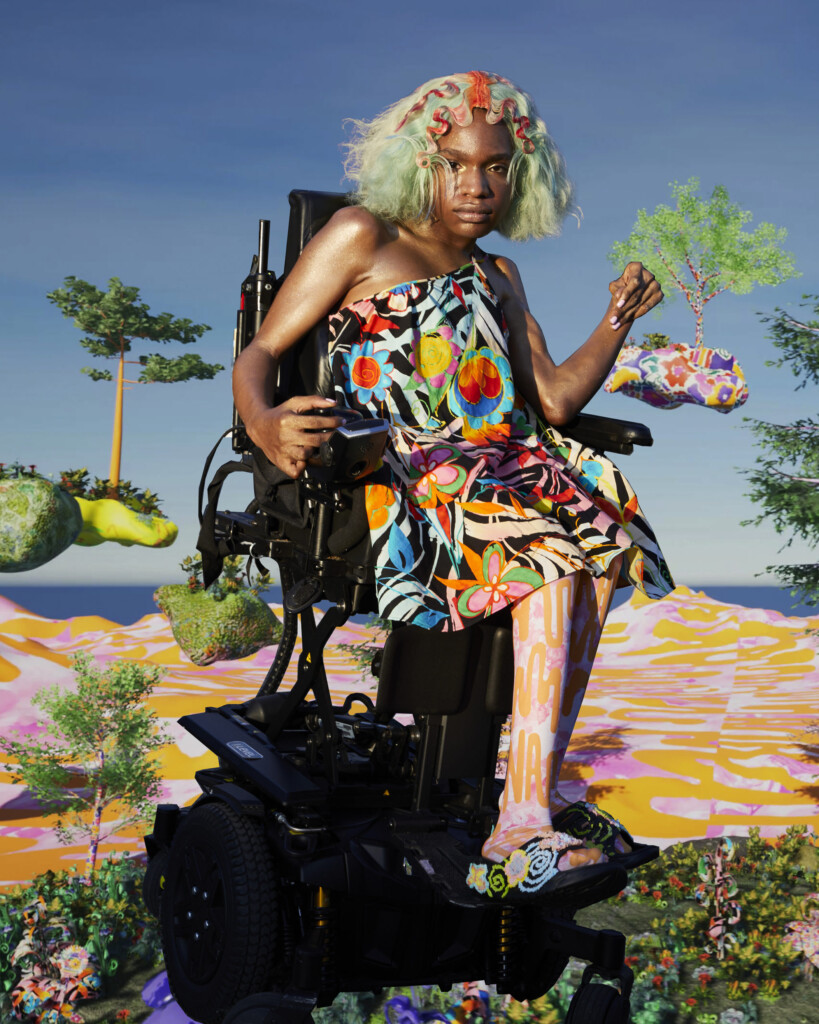
“We are committed to providing custom and durable products while making sure we keep our own carbon footprint as low as possible by consuming less energy, wasting less resources, and overall contributing to less waste.” – Jacques Agbobly, Black Boy Knits Founder
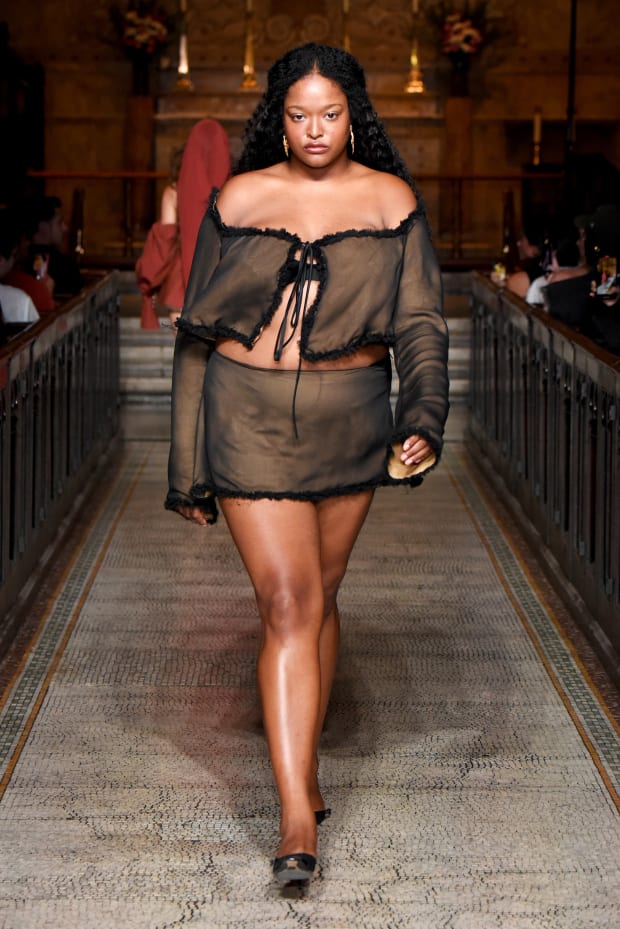
The American fashion industry is saturated with fast-fashion clothing hauls, finding ”dupes” for luxury products and preying on consumers to buy the next best thing. NYFW often highlights the idea of overconsumption, but some designers are taking a stand on their own. So, let’s dive into the good stuff and the brands that embraced creating more conscious collections. Collina Strada has never locked itself into being a solely sustainable brand but has always upheld values around social mindfulness and environmentalism. The spring-summer collection from the helm of Hillary Taymour was whimsical and youthful with punk undertones.
Meanwhile, Gabriela Hearst, the namesake brand for the Chloe Creative Director, took a more political stance at NYFW. The brand is no stranger to highlighting ethical manufacturing processes, which is at the core of the brand’s identity, but their runway show makes a statement post the reversal of Roe v. Wade. The show was walked by different women’s rights and climate activists such as Xiye Bastida and Lauren Wasser.
Their first time showing at NYFW, Black Boy Knits, a CFDA & Vogue Fashion Fund finalist, debuted a collection dedicated to the founder of the brand’s identity as a queer black immigrant. The brand turns knitwear into works of art and encourages that knitwear is far more than a single piece in an overall look. Black Boy Knits is a small batch company where all pieces are made to order in Brooklyn, NY. Also debuting this season was Mirror Palais. The founder of Mirror Palais, Marcelo Gaia, has been outspoken about the unethical working conditions within the fast fashion industry and works to ensure fair wages and safe working environments for his brand – which is handmade in New York. The collection utilized deadstock fabrics and told a story about Gaia’s experience growing up gay within the Catholic church.
Bobblehaus, Mia Vesper, and Elena Velez were standouts from the week, incorporating sustainability and inclusivity for their spring/summer collections. NYFW and the brands involved have made strides in working towards their net-zero status goal, inclusivity, and focusing on more ethical practices, but there is still a long way to go. Brands that held these values at the forefront of their collections made a strong stance in creating much-needed change.
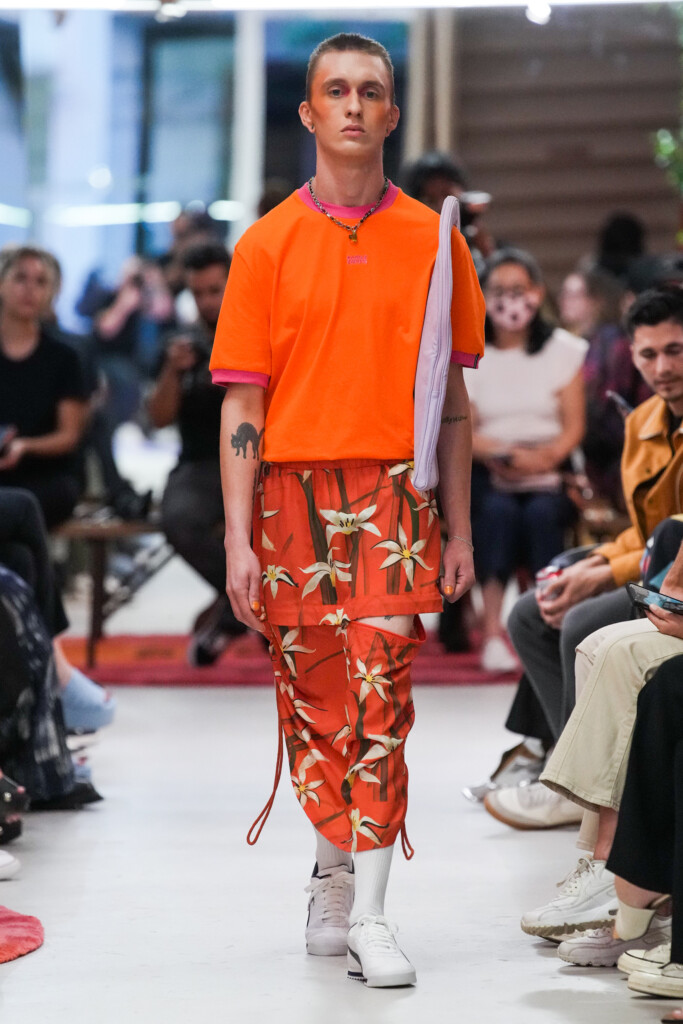
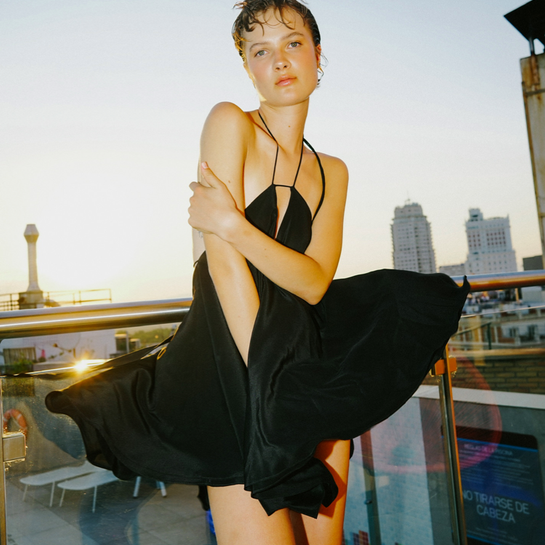
01
Attire the Studio
Founded by influencer Xenia Adonts to create a clothing brand that is truly transparent in all processes, it marks a stark contrast from the fast fashion driven influencer industry. Adonts is using her platform for good by creating a brand committed to making the fashion industry more sustainable. Attire uses zero plastic, values radical transparency, and ensures ethical workplace environments.
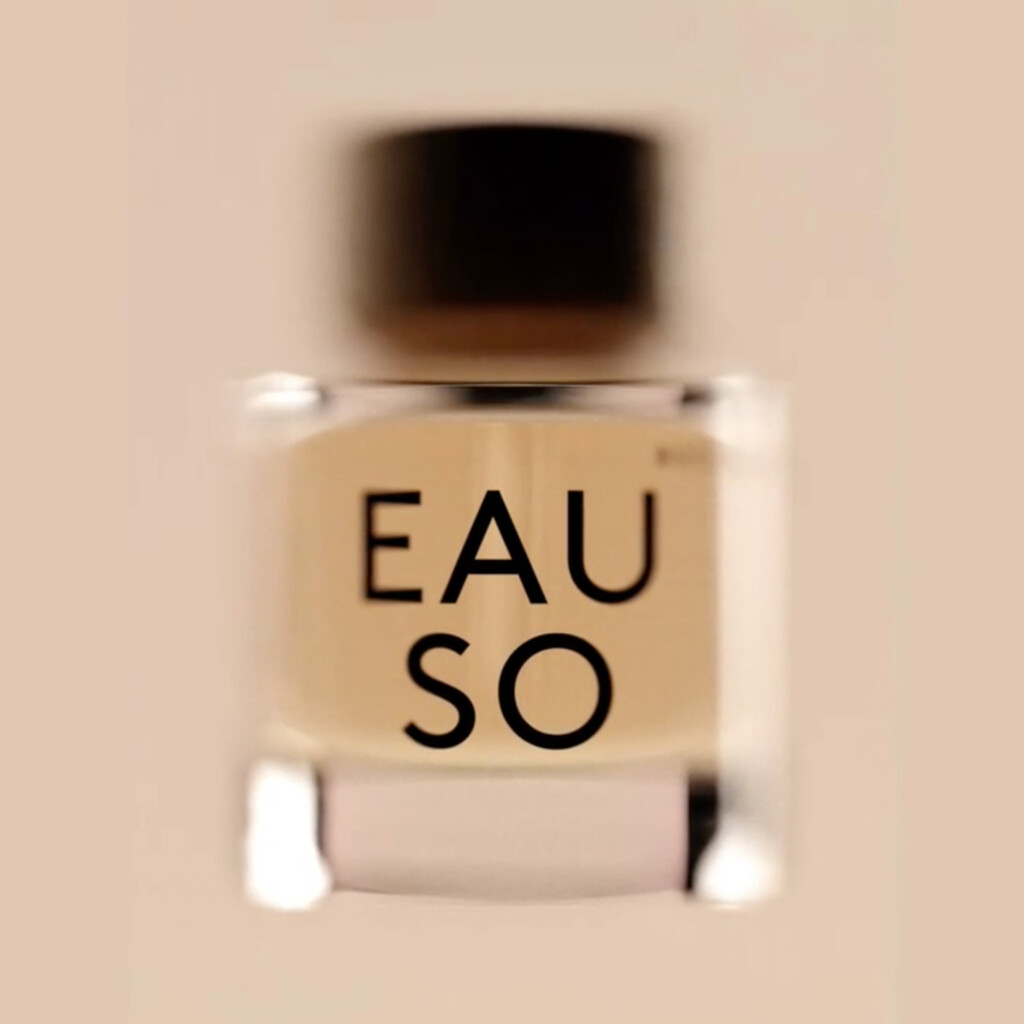
02
Eauso Vert
Sourced with sustainable materials and committed to ingredient transparency, Eauso Vert is hoping to create a new standard in the luxury fragrance industry. Launched with six scents that range from fresh to woody and warm, there is a scent perfect for anyone. The founders reminisce on their memories with fragrance, whether childhood stories or travel, and wanted to create a fragrance line that helps the consumer tell a story.
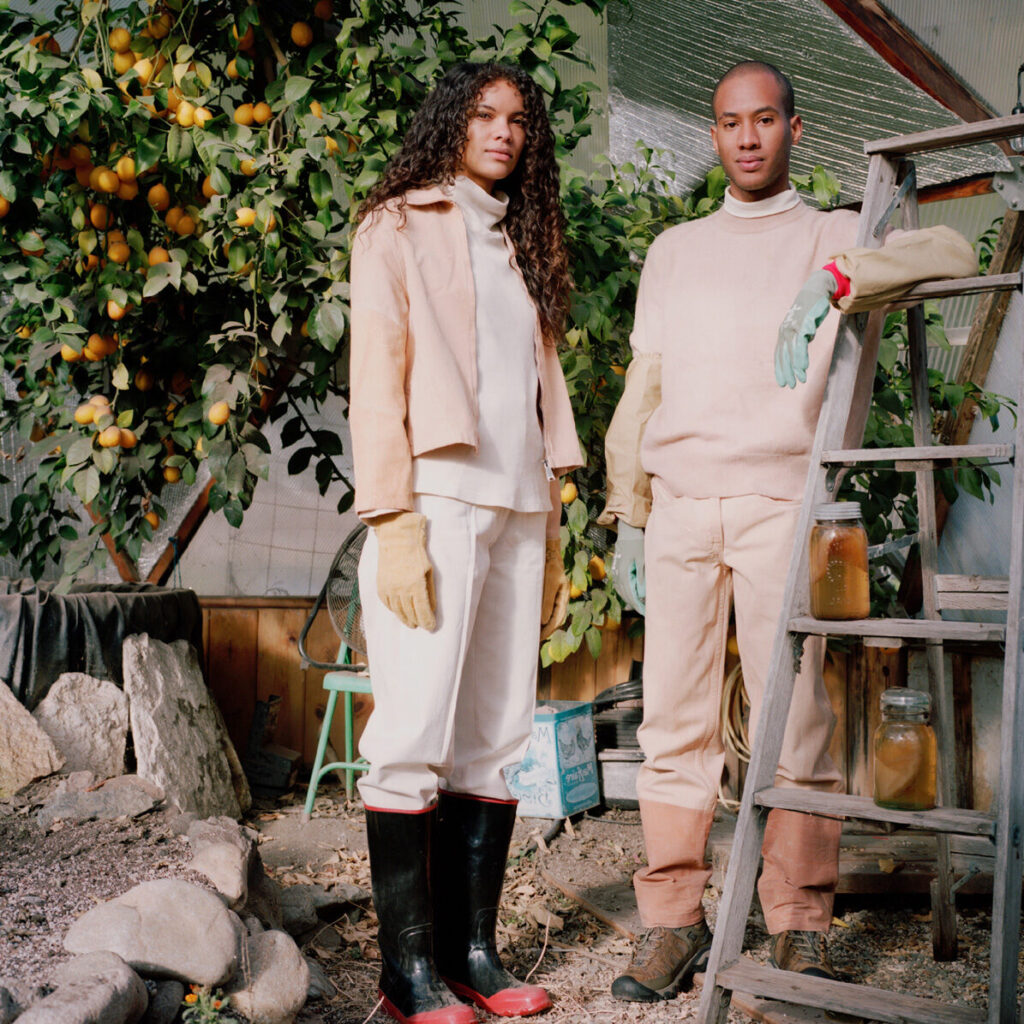
03
Olderbrother
Being environmentally conscious is a top priority for this gender-neutral clothing brand. Founders Bobby Bonaparte and Max Kingery sought to create a brand that isn’t adding to the environmental crisis that the fashion industry is only furthering. Fusing nature and fashion, this clothing brand is one to add to your closet.
